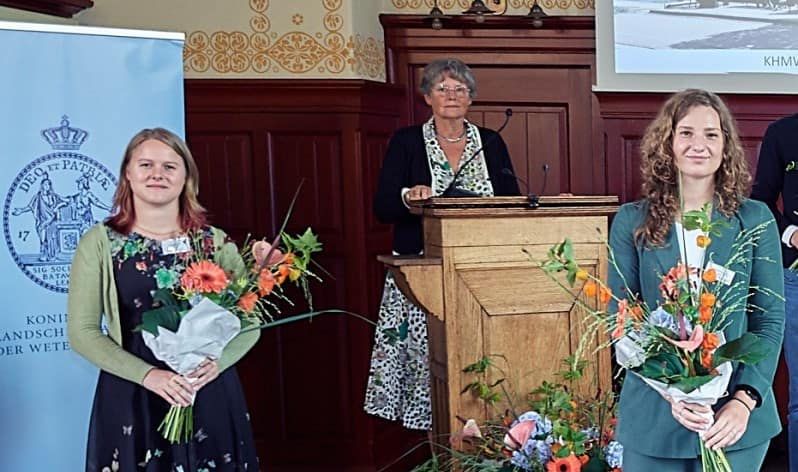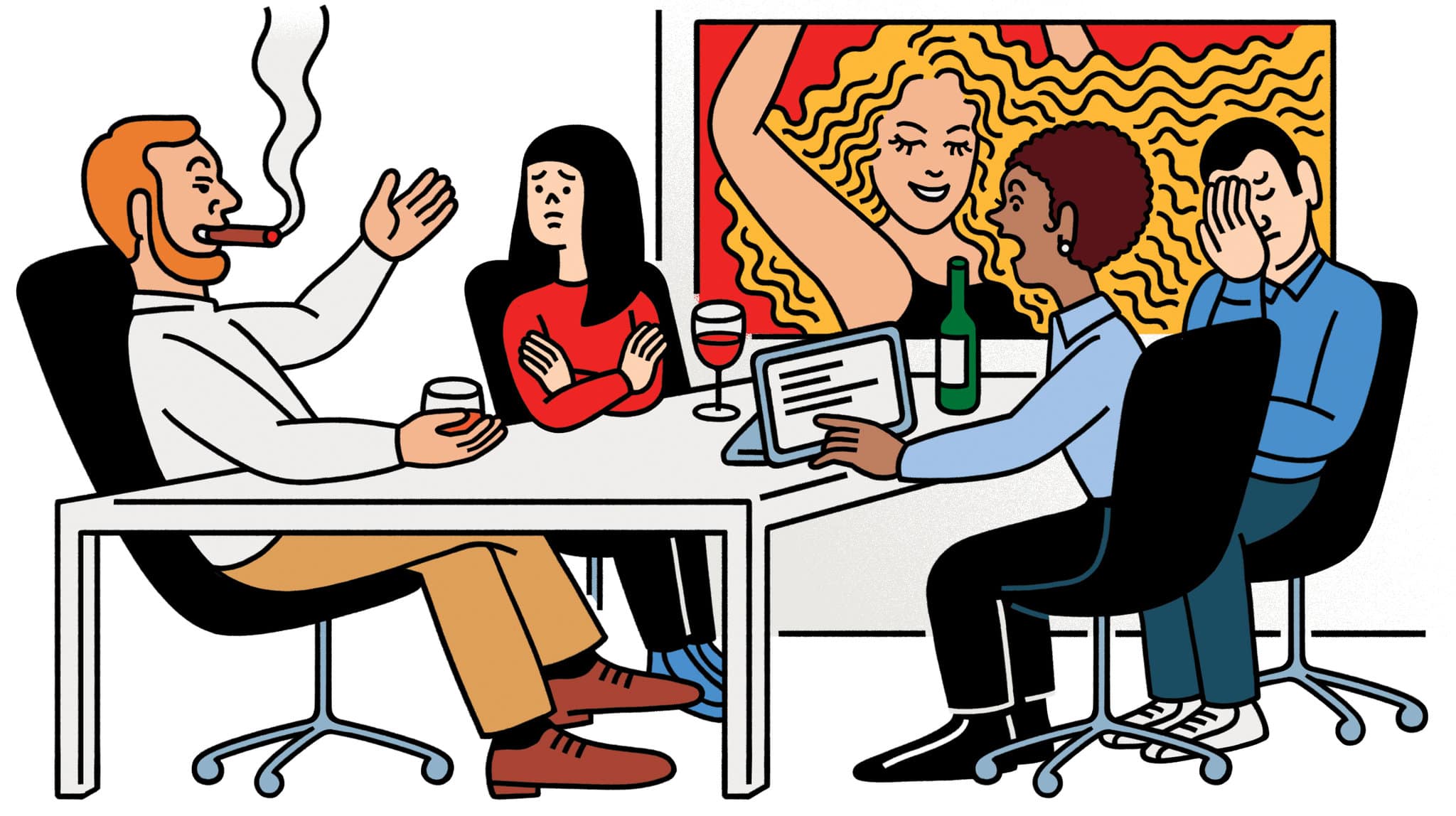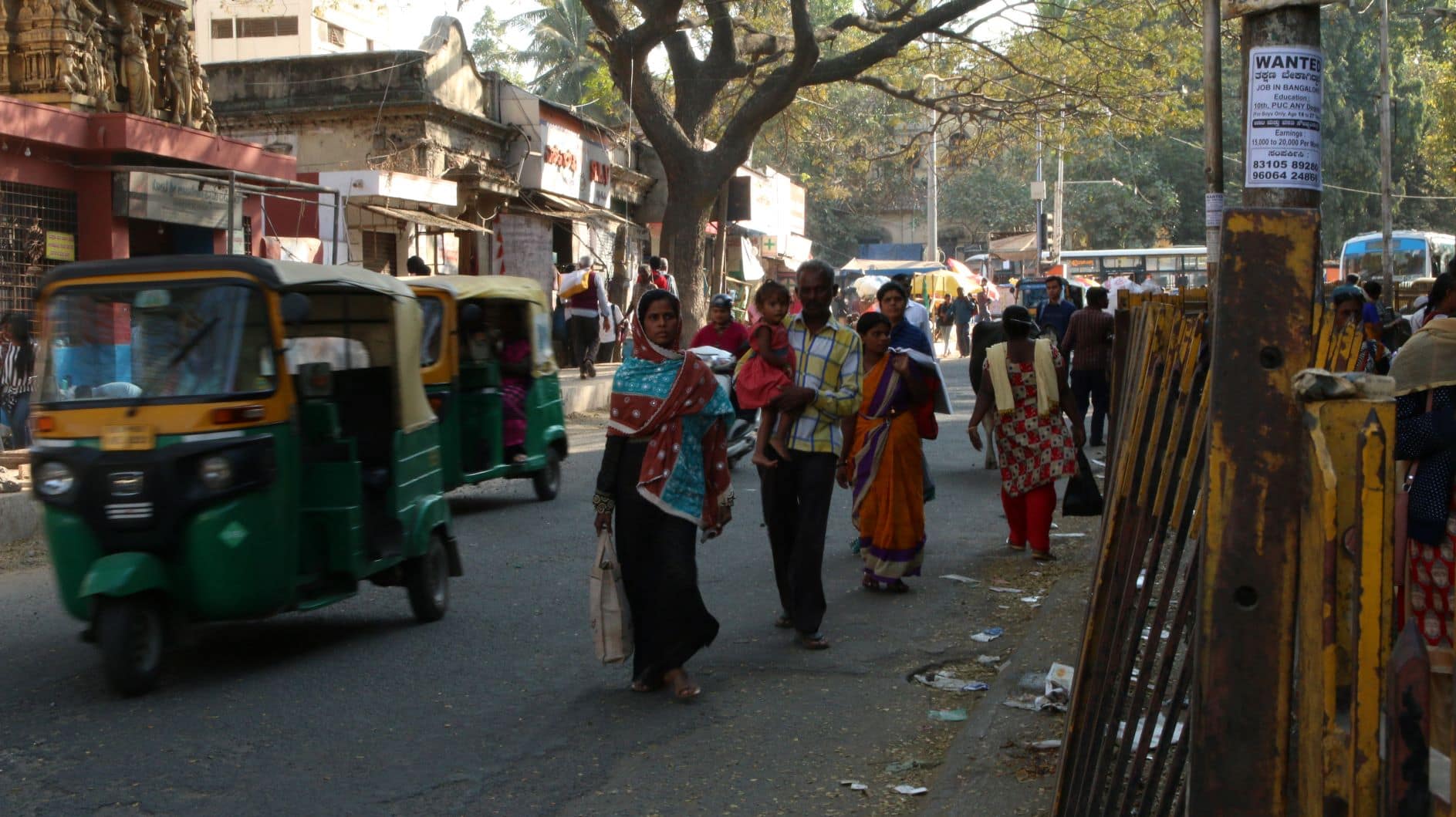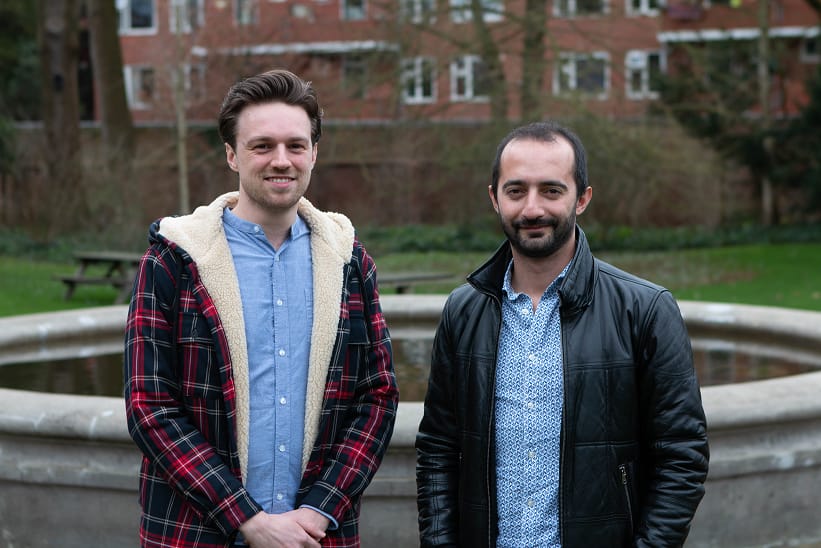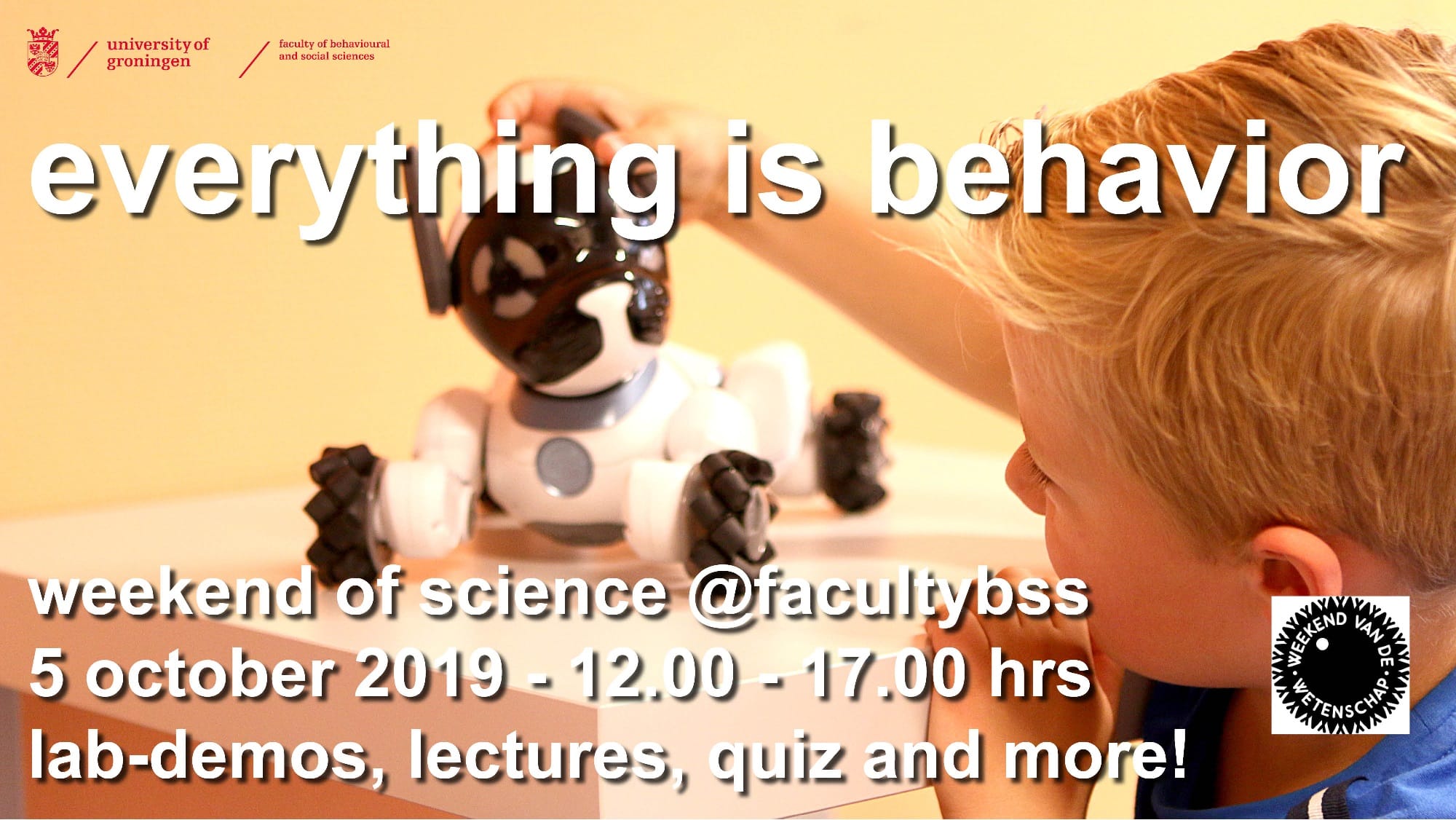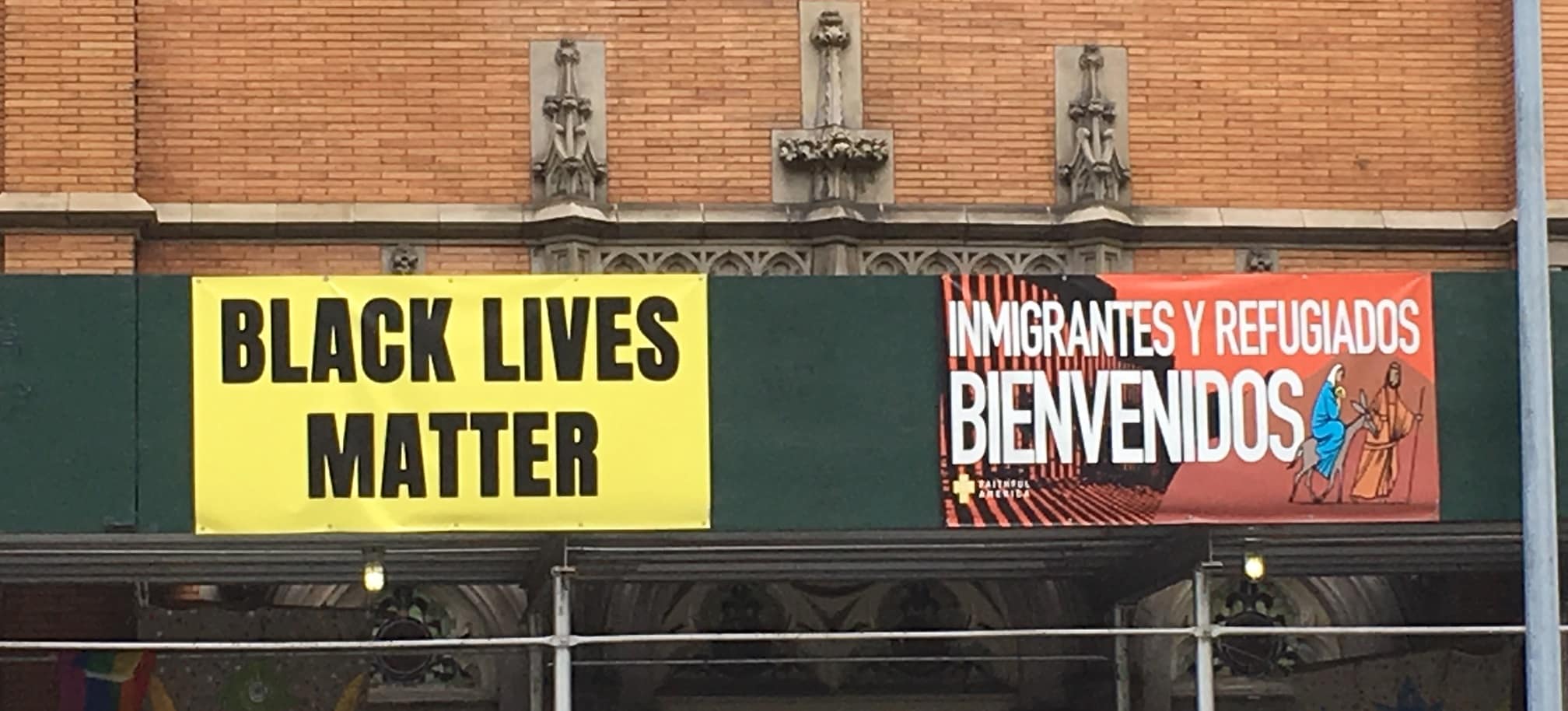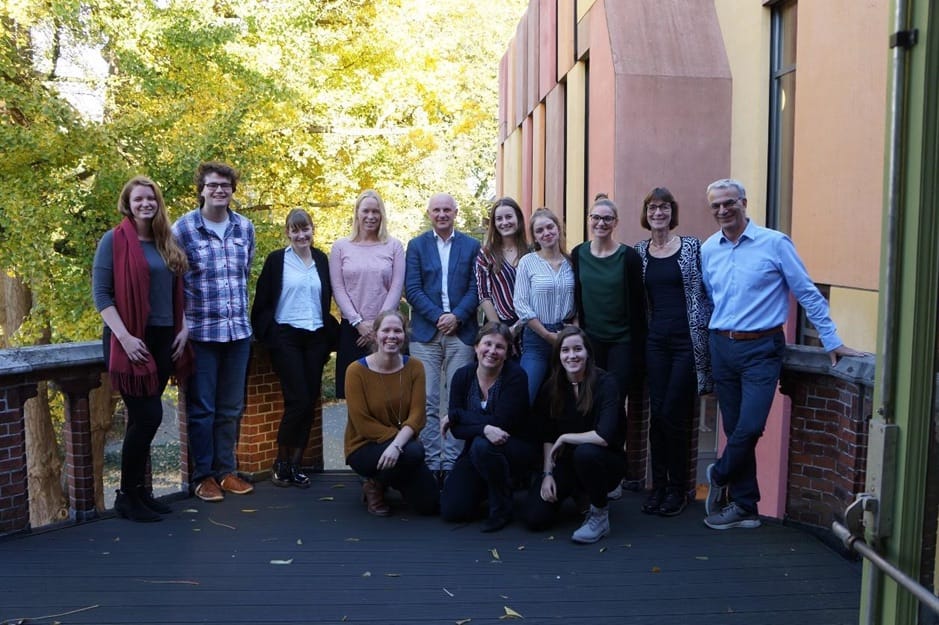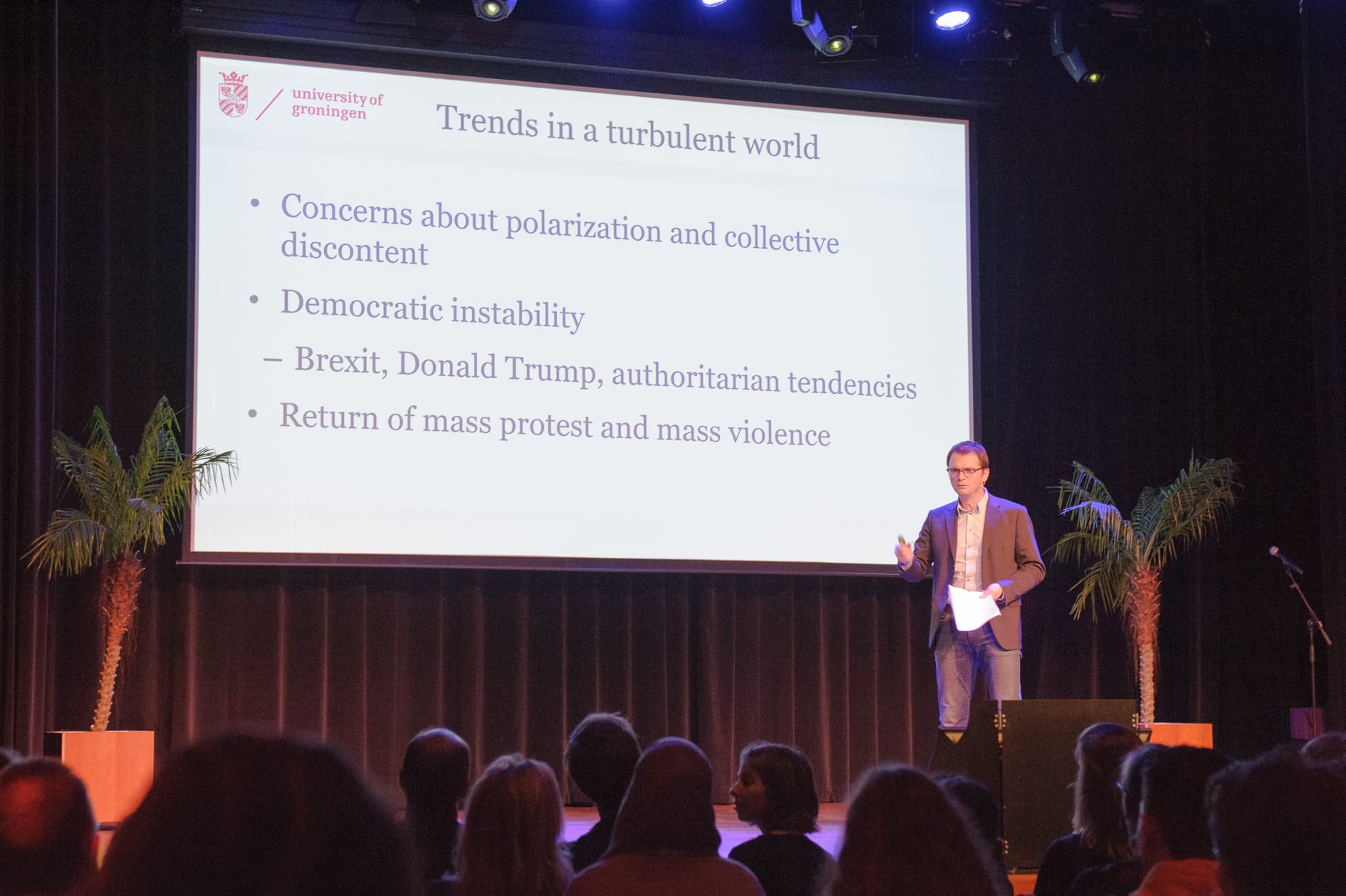The Jan Brouwer Scriptieprijs is awarded every year by the Koninklijke Hollandsche Maatschappij der Wetenschappen (the Royal Holland Society of Sciences and Humanities) to recognize the best master thesis in the country across eight categories. Last year, two students from the Heymans Institute captured both of the awards that relate to our interests: Chantal D’Amore […]
Suppose you are in a conversation and someone makes a sexist remark. How do you respond? Do you actively confront the sexist person by engaging in discussion? Do you fall silent in search of a response? Or do you swiftly switch topics to avoid an awkward situation? In our recently published set of studies, we examined how such responses may contribute to (or undermine) the spreading of sexist norms.
Do people in individualistic cultures feel lonelier than in collectivistic cultures? Surprisingly, they don’t: Although people in individualistic cultures often have less stable relationships and spend more time alone, average loneliness seems to be lower than in more collectivistic cultures. In my dissertation, I provide an explanation for this “cultural paradox of loneliness”.
Interpersonal styles are the driving factor behind our social interactions, therefore studying them contributes greatly to our understanding of ourselves and others.
Stadjers Hand in Hand (SHH) is a community-building project aiming to tackle poverty in Groningen. Yasin Koc (a teacher) and Gido Metz (a student) got enthused by the project through a Master’s course, and became volunteers. “We used our knowledge of social psychology and helped develop the project to become larger and more sustainable.”
Martijn van Zomeren doesn’t hate hope. But he certainly thinks hope is overrated. Recent research found that when people were more hopeful about solving climate change, they were not more motivated to do anything about it. Hoping may thus make us feel better, while doom is coming to the world.
On October 5th 2019, the Faculty opens her doors to showcase her ongoing research, during the national Weekend of Science. Everyone’s invited: neighbors, employees, students, family, friends, etcetera. The title of this year’s edition is “Everything is behavior” (“Alles is Gedrag”).
Why might men feel threatened by the attempts of the #metoo movement to fight gender inequality? While disadvantaged groups often strive for social change through collective protest, we know very little about how protest is received by those who have the most to lose as well as the power to actually make social change happen: advantaged groups.
Fifteen students and staff members from the Departments of Social Psychology and Sociology followed a workshop about the challenges of cultural diversity in one of the biggest companies in the Netherlands, PostNL.
We live in turbulent times. Concerns about polarization and popular discontent are commonplace. So for many reasons, this seems a better time than ever to ask the question: what do we really know about such mass movements and societal sea-changes? Tom Postmes provides four key insights from his research over the last 7 years, which he conducted in close collaboration with various Dutch Ministries.

